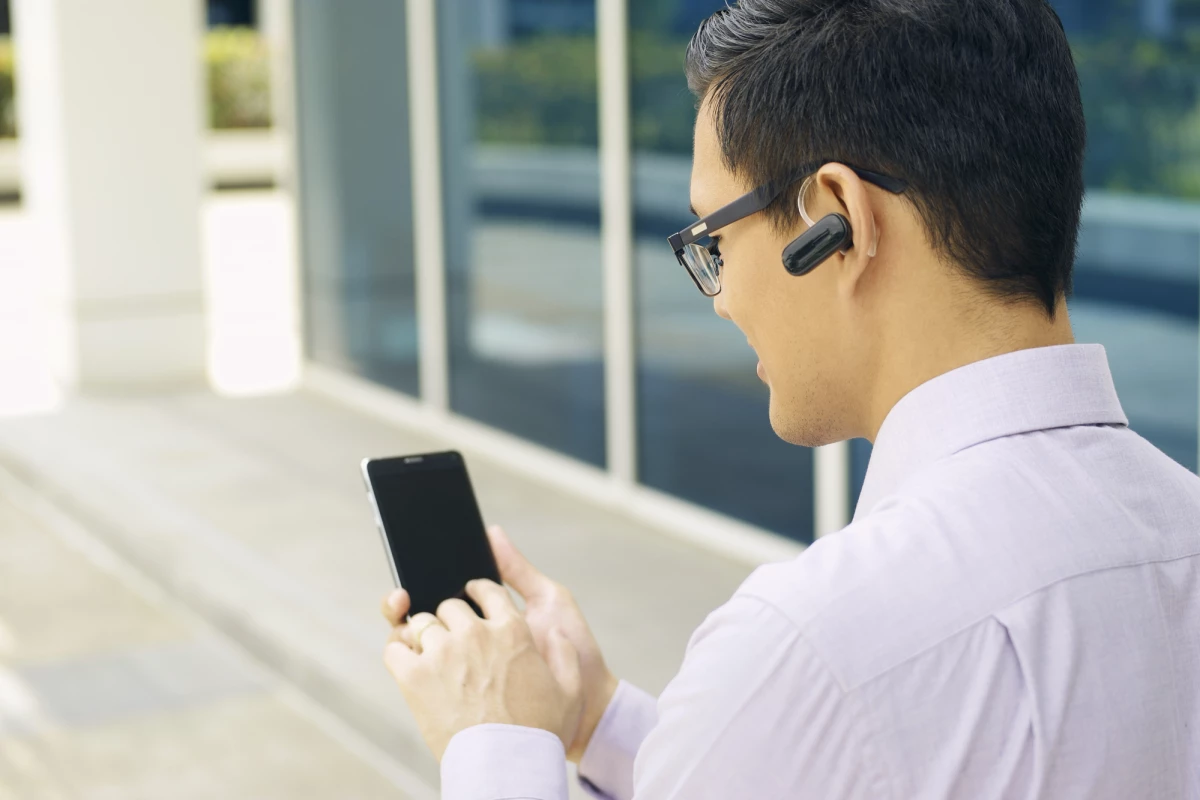Your smartphone continuously emits Bluetooth Low Energy (BLE) signals, even when it isn't paired to a Bluetooth device. Scientists are now reporting that by analyzing those signals, it could be possible for someone else to track your whereabouts.
Regardless of the make and model of BLE chip in your phone, it contains tiny imperfections which give its signal a distinctive fingerprint. That fingerprint is unique to that one individual chip.
According to researchers at the University of California - San Diego, if someone were initially able to get the fingerprint of a BLE signal that they knew was coming from your phone, they could subsequently tell if that phone were in a given location. They could do so using an inexpensive receiver, which would tell them if a signal with that fingerprint were being emitted in the area.
In field tests, the scientists were able to identify multiple unique BLE fingerprints from phones in crowded public areas, plus they were able to track a phone-carrying volunteer as they walked in and out of their house. That said, there are a number of limitations to the tracking technique.
For starters, the receiver would have to be within the physical range of the BLE signal, which is typically no more than 30 feet (9 m). Additionally, the technique would require a fair amount of technical expertise on the part of the person doing the tracking. And finally, variations in factors such as the ambient temperature could alter the distinctive characteristics of the signal.
Nonetheless, the UC San Diego team is now looking into ways hiding a phone's BLE fingerprint via digital signal processing within the device's firmware.
A paper on the research was recently presented at the IEEE Security & Privacy conference in Oakland, California.
Source: UC San Diego via EurekAlert




